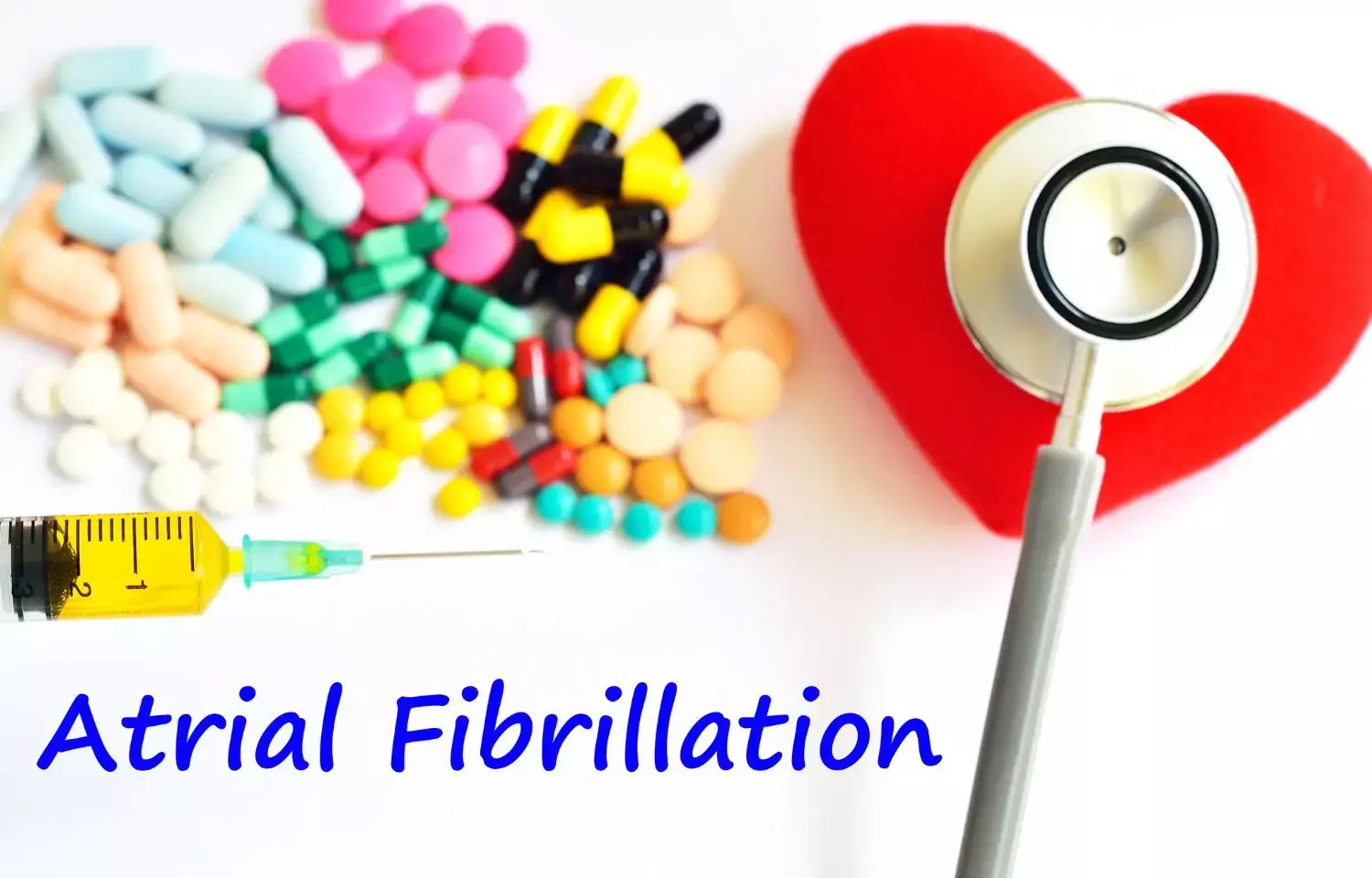- Home
- Medical news & Guidelines
- Anesthesiology
- Cardiology and CTVS
- Critical Care
- Dentistry
- Dermatology
- Diabetes and Endocrinology
- ENT
- Gastroenterology
- Medicine
- Nephrology
- Neurology
- Obstretics-Gynaecology
- Oncology
- Ophthalmology
- Orthopaedics
- Pediatrics-Neonatology
- Psychiatry
- Pulmonology
- Radiology
- Surgery
- Urology
- Laboratory Medicine
- Diet
- Nursing
- Paramedical
- Physiotherapy
- Health news
- Fact Check
- Bone Health Fact Check
- Brain Health Fact Check
- Cancer Related Fact Check
- Child Care Fact Check
- Dental and oral health fact check
- Diabetes and metabolic health fact check
- Diet and Nutrition Fact Check
- Eye and ENT Care Fact Check
- Fitness fact check
- Gut health fact check
- Heart health fact check
- Kidney health fact check
- Medical education fact check
- Men's health fact check
- Respiratory fact check
- Skin and hair care fact check
- Vaccine and Immunization fact check
- Women's health fact check
- AYUSH
- State News
- Andaman and Nicobar Islands
- Andhra Pradesh
- Arunachal Pradesh
- Assam
- Bihar
- Chandigarh
- Chattisgarh
- Dadra and Nagar Haveli
- Daman and Diu
- Delhi
- Goa
- Gujarat
- Haryana
- Himachal Pradesh
- Jammu & Kashmir
- Jharkhand
- Karnataka
- Kerala
- Ladakh
- Lakshadweep
- Madhya Pradesh
- Maharashtra
- Manipur
- Meghalaya
- Mizoram
- Nagaland
- Odisha
- Puducherry
- Punjab
- Rajasthan
- Sikkim
- Tamil Nadu
- Telangana
- Tripura
- Uttar Pradesh
- Uttrakhand
- West Bengal
- Medical Education
- Industry
Lactate levels hamper electrical cardioversion in critically ill patients with atrial fibrillation, highlights research

A new study published in the journal of Nature Scientific Reports revealed that lactate levels interfere with the electrical or mechanical cardioversion in critically sick atrial fibrillation (AF) patients. Atrial fibrillation is the most prevalent kind of dysrhythmia, which affects 20% of patients in intensive care units (ICUs). It has been shown that some factors, such as the severity of the disease and systemic inflammatory response syndrome, predispose people to developing AF.
It has been demonstrated that AF in critically ill patients increases the risk of stroke and systemic embolism, as well as in-hospital and long-term mortality and intensive care unit duration of stay. Since the entire spectrum of illness severity is addressed and early treatment may affect results, emergency departments (ED) are essential to the acute management of AF. When it comes to personalized therapy choices and identifying patients who are at risk for additional clinical deterioration, AF patients in an emergency department environment need specific care.
Despite no universal indicator of critical disease, lactate has been thoroughly investigated in this context as a proxy for anaerobic metabolism and oxygen mismatch. Among ED patients expressing sepsis symptoms, intermediate and elevated lactate levels were linked to a higher fatality rate. Thus, this study examined the relationship between AF cardioversion effectiveness at various lactate levels and severe illness in ED patients.
This retrospective single-center research that examined 3535 incidents of AF from 2012 to 2022 was conducted. Cardioversion (CV) to sinus rhythm (SR) based on blood lactate levels (mmol/L) was the primary result. The quintiles of lactate levels were lac <1.1, 1.1–1.3, 1.4–1.7, 1.8–2.3, and >2.3 mmol/L. As lactate levels increased, overall CV success decreased. Also, 1021 instances (SR 95%) underwent electrical CV (eCV), 706 cases (SR 72%) underwent medical CV (mCV), 523 cases (SR 88%) underwent facilitated CV, and 591 cases (46 percent of all patients without therapy) underwent spontaneous conversion.
ECV worked regardless of lactate levels. And, conversion success for mCV declined as lactate levels rose. As lactate levels rose, the risk of cardioversion success dropped overall, particularly medical cardioversion success rates declined. Overall, rising lactate levels in ED patients lowered the likelihood of cardioversion success overall and medical cardioversion success rates. However, lactate levels did not correlate with the efficacy of electrical cardioversion.
Reference:
Gupta, S., Schnaubelt, S., Oppenauer, J., Lutnik, M., Cacioppo, F., Spiel, A., Domanovits, H., Sulzgruber, P., & Niederdöckl, J. (2025). Analyzing the association of critical illness and cardioversion success in patients with atrial fibrillation at the emergency department. In Scientific Reports (Vol. 15, Issue 1). Springer Science and Business Media LLC. https://doi.org/10.1038/s41598-025-85224-7
Neuroscience Masters graduate
Jacinthlyn Sylvia, a Neuroscience Master's graduate from Chennai has worked extensively in deciphering the neurobiology of cognition and motor control in aging. She also has spread-out exposure to Neurosurgery from her Bachelor’s. She is currently involved in active Neuro-Oncology research. She is an upcoming neuroscientist with a fiery passion for writing. Her news cover at Medical Dialogues feature recent discoveries and updates from the healthcare and biomedical research fields. She can be reached at editorial@medicaldialogues.in
Dr Kamal Kant Kohli-MBBS, DTCD- a chest specialist with more than 30 years of practice and a flair for writing clinical articles, Dr Kamal Kant Kohli joined Medical Dialogues as a Chief Editor of Medical News. Besides writing articles, as an editor, he proofreads and verifies all the medical content published on Medical Dialogues including those coming from journals, studies,medical conferences,guidelines etc. Email: drkohli@medicaldialogues.in. Contact no. 011-43720751


